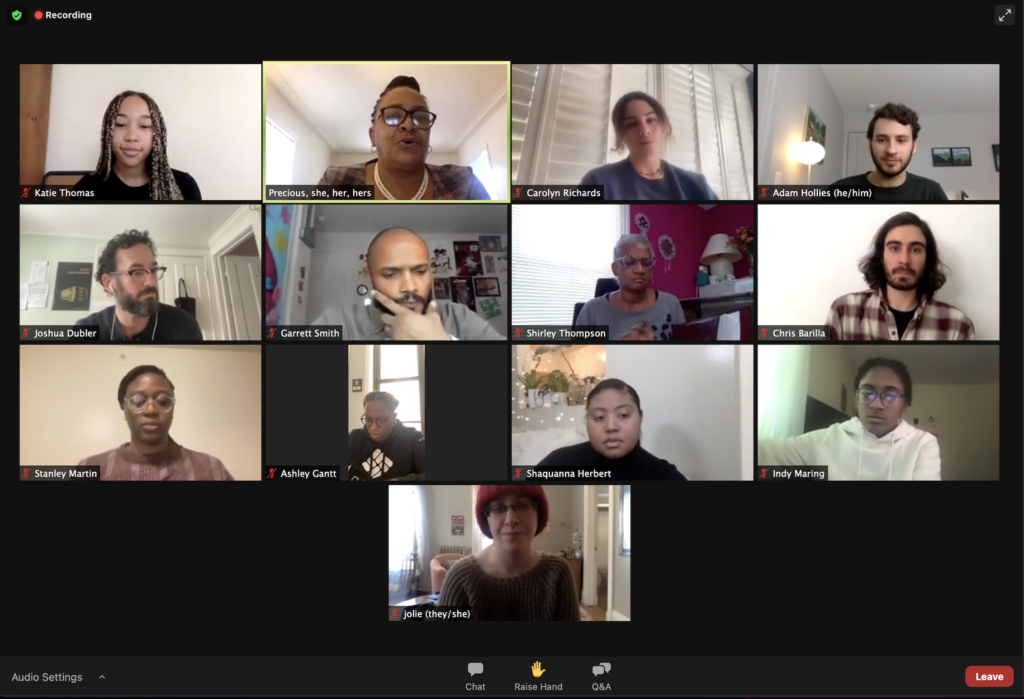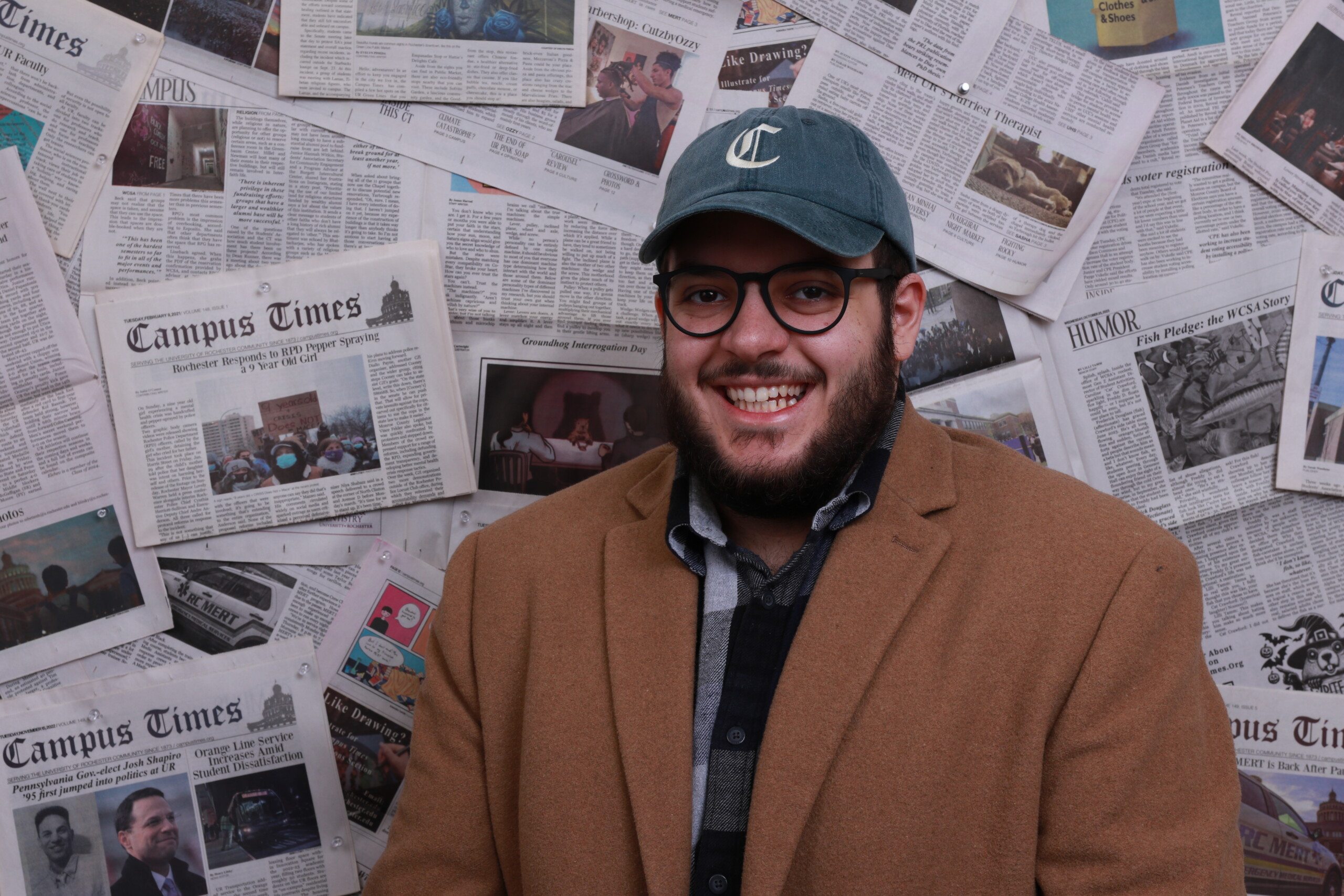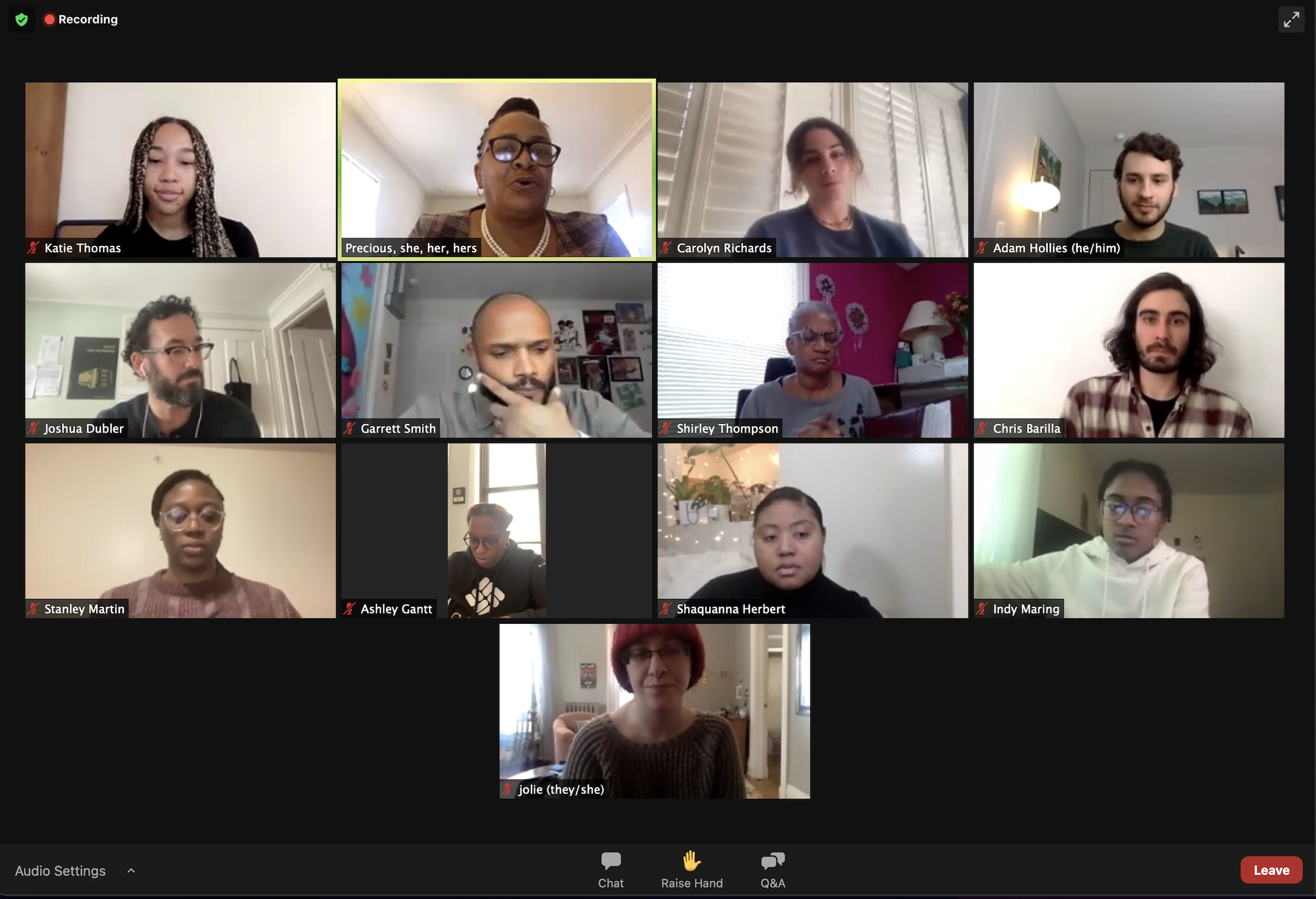At 3 p.m. on Martin Luther King Junior Day, the Rochester Education Justice Initiative (REJI) hosted the “Towards a World Without Prisons” Zoom panel, featuring representatives of eight organizations working to decarcerate New York. The Zoom panel was brought to fruition with the goal of linking UR students to organizations in the community actively working towards decarceration.
“We have been working for months to kinda get this to happen essentially and I think the biggest thing was just us to, as students, to act as middle men for other students to get involved with organizations that are here today,” senior and event student organizer Katie Thomas told the audience. “We are able to learn a lot about incarceration, we have some awesome classes being taught [at UR], but I believe it’s very important to take a step further.”
Hosting the panel on MLK Day was not an accident for the organizers. “I think today symbolizes the things that we are doing; we are still fighting for our equity, our lack of appreciation as people of color and also celebrating the unity of all of our allies, Black, white, and people who strive to make this world a better place,” Precious Bedell, REJI’s director of community outreach and PhD candidate at the Warner School of Education, said at the start of the panel.
Panelists represented many organizations, including the Center for Community Alternatives, Elders and Allies, Enough is Enough, Free the People ROC, Incarcerated Workers Organizing Committee, People’s Liberation Program (PLP), Release Aging People in Prison, and Vocal-NY. Speakers discussed various community initiatives and bills such as Daniel’s Law, Elder Parole, and Fair and Timely Parole. Throughout these presentations the Zoom chat was vibrant with frequent questions, comments, and links to additional resources.
A discussion about the role of students as well as strategies of activism followed the presentations.
“A lot of it is just conversations, getting people talking about the issues we are facing and how we can actually make effective and sustainable strides towards solutions that actually work and solutions that are catered to the needs of the community,” Asia Barry, PLP organizer and member of the class of 2022 told the Zoom call. “Also trying to start up study groups where we read together and study theory [to build the movement].”
PLP was formed in August 2021 by UR students with the goal of “building self sustaining decolonization programs that put the theories of liberation into practice for the community to practice themselves” according to the group’s Instagram. PLP has many educational and community programs such as its Free Grocery Program which provides fresh produce to over 75 families on a bi-weekly basis.
PLP organizer and member of the class of 2021, Olu Owoyele stressed the need for action and education, saying, “If we can introduce a sound politic that can really attack all of those core things that’s affecting us all, there should be some type of sustenance or sustainability in those types of movements.”
The panel ended with further discussion of potential strategies, leaving many feeling hopeful for the future.
“I’ve always said ‘we have such great organizations in New York City,’ I think I said that maybe 30 years ago, but today I can say truthfully that the organizers here locally are powerful, committed, and political,” Precious Bedell told the audience.
You can find the recording of the event here and links to organizations mentioned in the call here. More information about the PLP can be found here.


